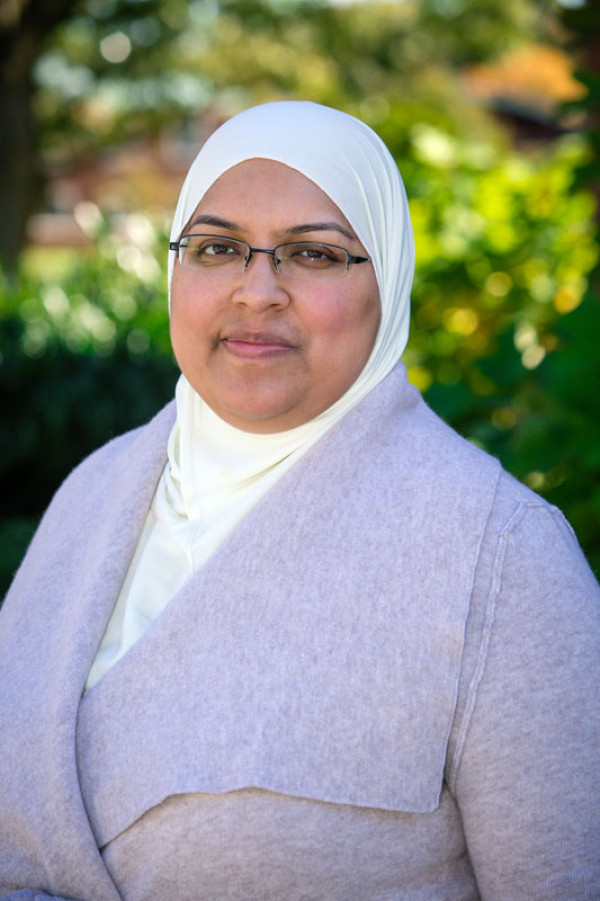
Sarah Islam
Postdoctoral Fellow, Uni Bern, 2022–2024

Sarah Islam completed her doctoral degree in Near Eastern Studies at Princeton University, where her research focused on the social and intellectual history of Islamic criminal law, Geniza Studies, and how interactions between Muslims, Jews, and Christians influenced the development of legal institutions and norms in the medieval Near East. She received her B.A. from the University of Texas-Dallas in Political Science in 2005, and then spent two years abroad in Egypt, Jordan, and the U.A.E. on Boren and Fulbright fellowships. As a Boren fellow, Islam conducted two research projects examining the inner workings of religious pluralism and family law in Egyptian courts, and how such systems impact women in Muslim and in minority Jewish and Christian communities in Egypt. She then went to Princeton, where Islam obtained an M.A. in Near Eastern Studies. After receiving an Arthur Liman Public Interest Law Fellowship administered by Princeton-LAPA and Yale Law School, Islam worked for a public interest law NGO in Washington D.C. conducting research on Islamic family and criminal law and served on advisory councils at the U.S Department of State and U.S Department of Justice (Civil Rights Division-Religious Freedom, Office of Special Counsel Eric Treene).
Islam’s doctoral studies at Princeton took a premodern turn. Her first book project, Blasphemy (Sabb al-Rasūl) as a Legal Category in Early and Medieval Islamic History, examines the evolution of blasphemy, specifically insulting the Prophet (sabb al-rasūl), as a legal category among capital crimes in Islamic legal history. In her second project, Porous Communal Boundaries and the Jewish-Muslim Co-Production of Legal Norms in Fāṭimid Egypt (11th-12th centuries CE): The Case of Islamic and Jewish Iqrārs in the Cairo Geniza, she examines Fāṭimid iqrār documents and Islamic court records from the Cairo Geniza to assess how interactions between Muslims and Jews in tenth century Fāṭimid Islamic courts affected legal norms on written evidence in Islamic and Jewish legal contexts. Her research has been supported by the Charlotte Newcombe Foundation, Social Science Research Council, Fulbright Program, and American Center for Research. Islam’s academic work has been published by Sage, Brill, and Oxford University Presses.